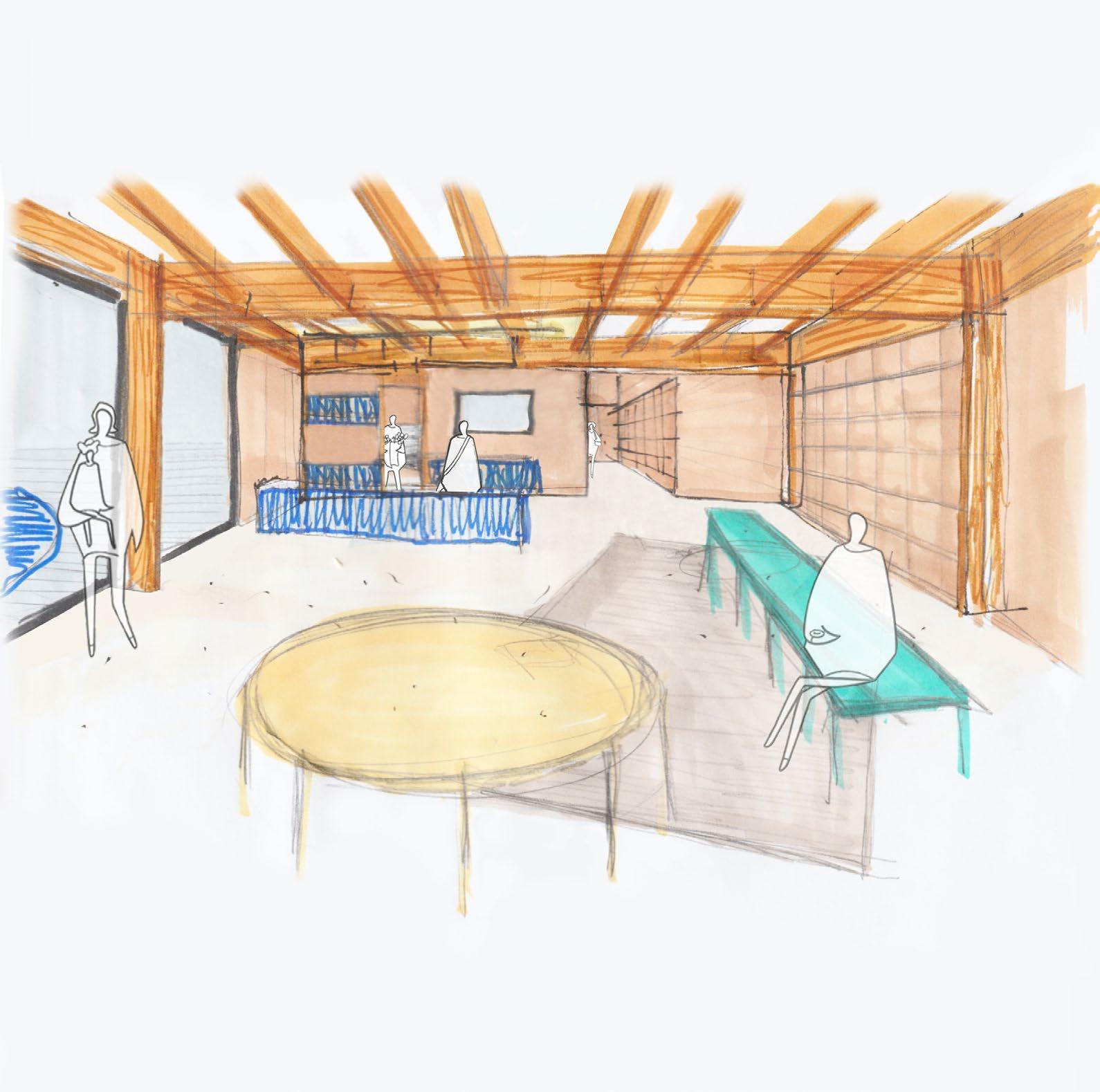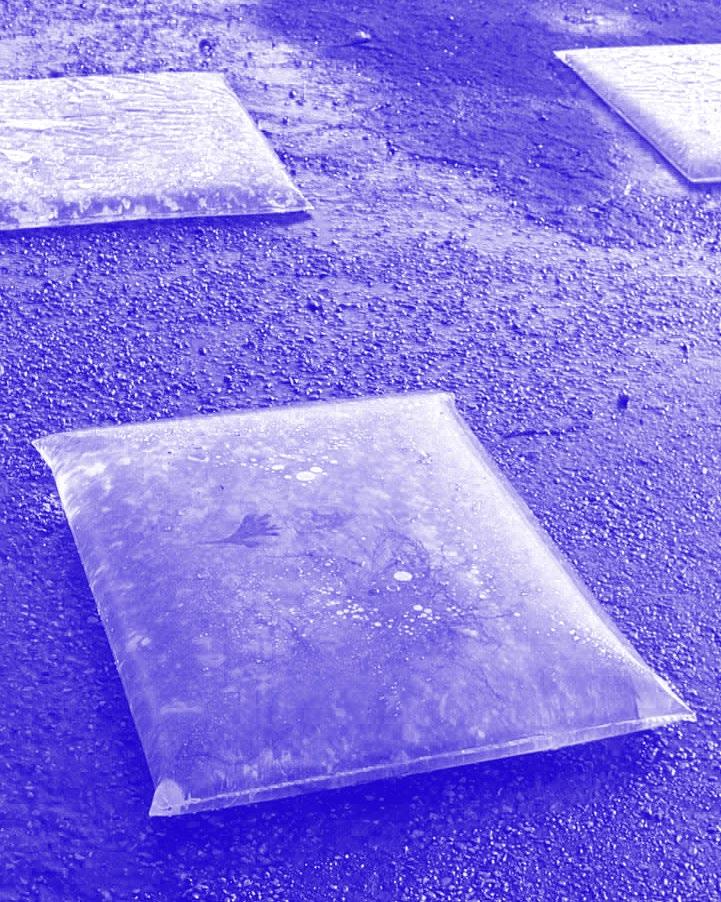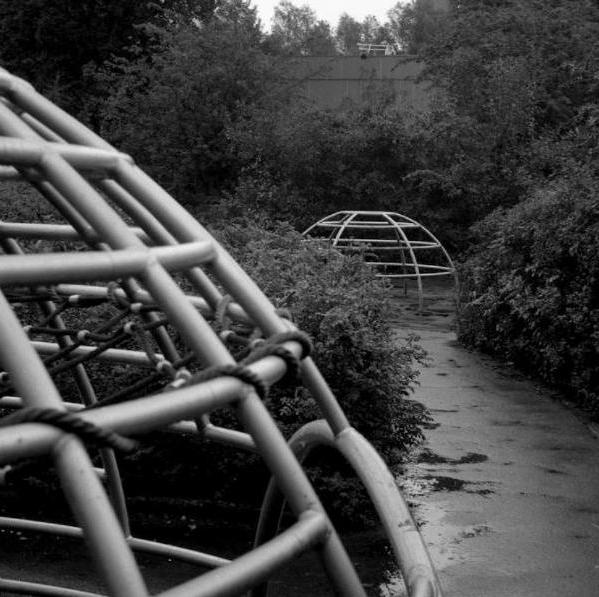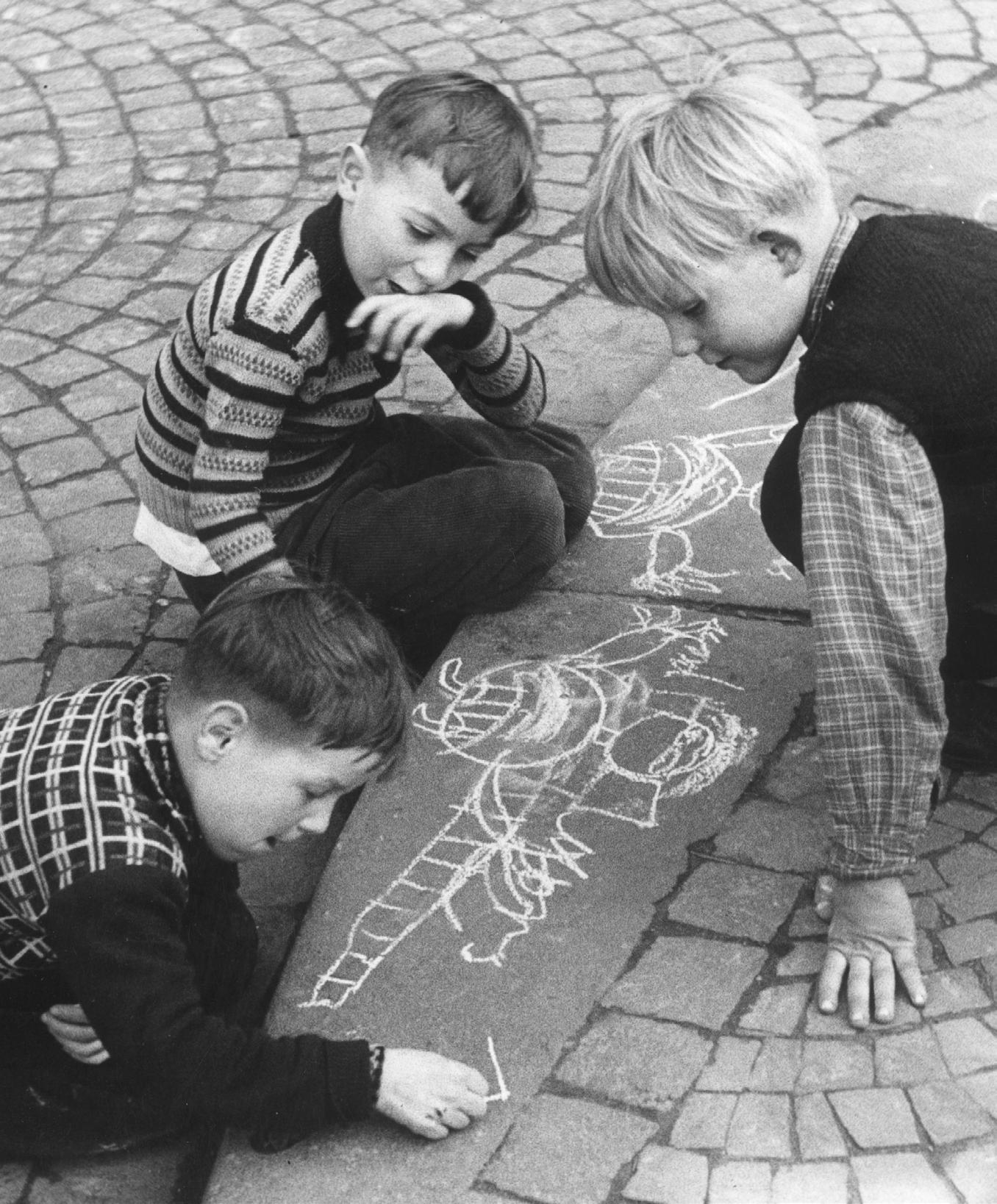INTRODUCTION This master dissertation was elaborated in the framework of the ‘Urban Commons’ studio directed by Prof. Dr. Burak Pak and Drs. Hulya Ertas. Their insights and our collective reflection lead me to investigate new ways to weave spaces in the city based on more collective actions. It also impelled me to reflect on the public-private dichotomy to suggest alternative ways to think the city with the prism of Urban Commons spaces. As a matter of information, the current reflexion was elaborate during the covid-19 international pandemic which did influence in positive and negative aspects the present research. This master thesis investigates the topics of Water and Play as transformative and socio-interactive tools in Brussels metropolitan area. Some additional motivations linked to the resilient and refreshing values of water, will also be tackled to improve the urban context of Brussels.
In the first part, theoretical concepts of Right to the city, Leisure, Play and Water Interactions will be put in place. Subsequently, The role those concepts might play in urban planning strategies is then analysed. In the second part, several examples of projects which shaped modern cities are explored. Those cases studies focus firstly on the Urban Play component of the theoretical framework. The second case study research addresses formal design proposals linked to human water linked-behaviours in the intention to clarfiy the notion of water interactions. In the third part, an urban strategy will be put in place. The proposal aims to suggest solutions to tackle an urban resolution to the lack of Water and Play spaces by critically mapping the metropolitan capital. In the fourth part, the site will be suggested and a contextual and historical analysis will be established. As a final and fifth part, based on the compiling of all the previous parts, an architectural proposal will be presented and will look at issues connected to potential tactics linked to Common Spaces, and the Water-Play connections.
Â| INTRODUCTION
9


























